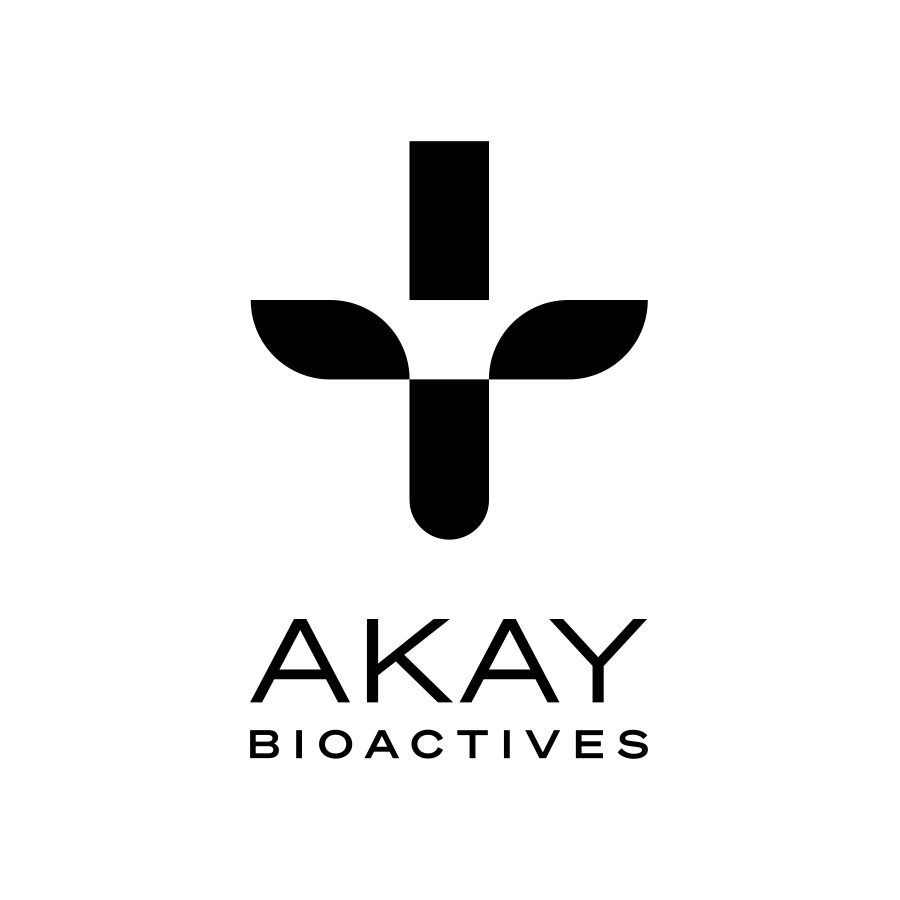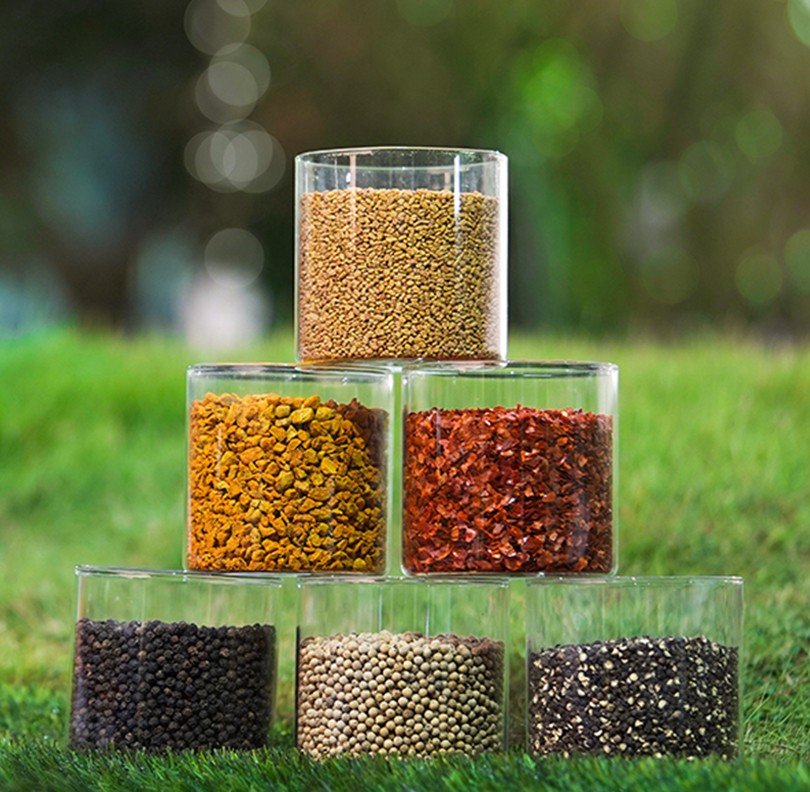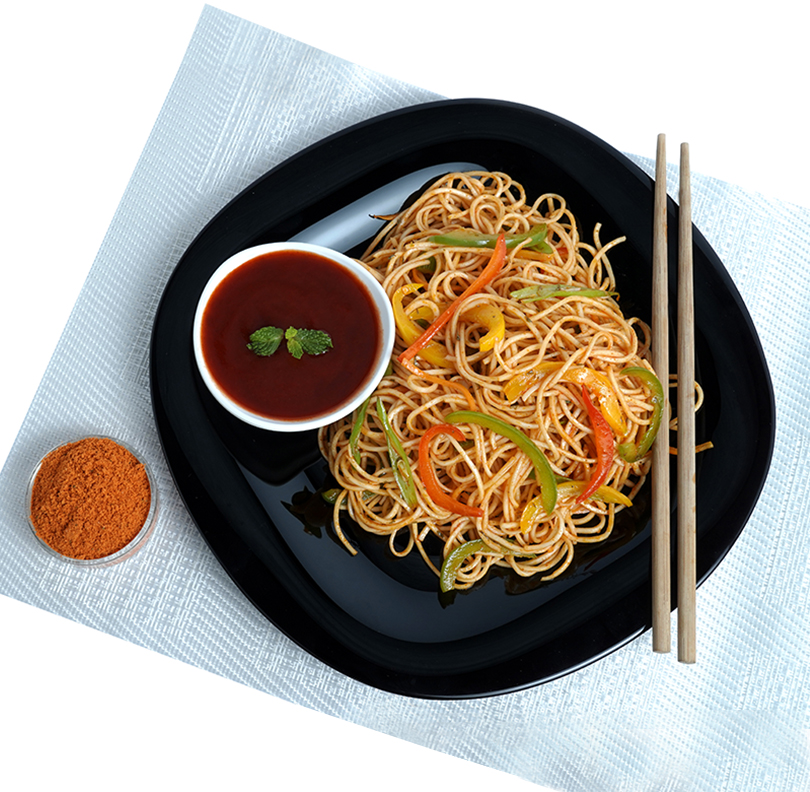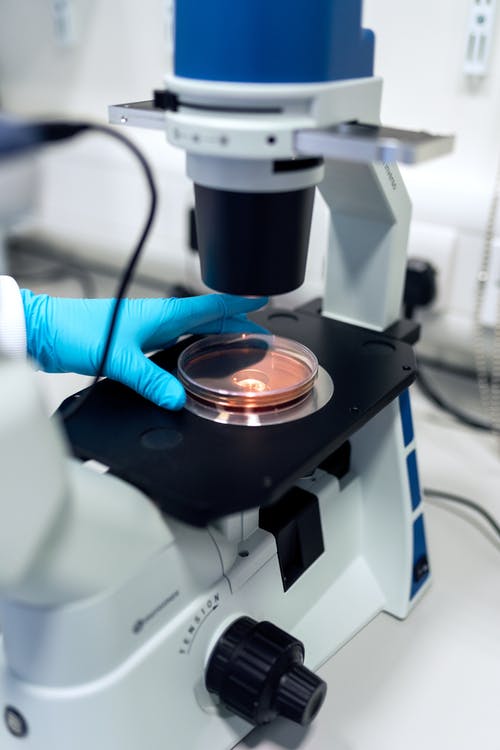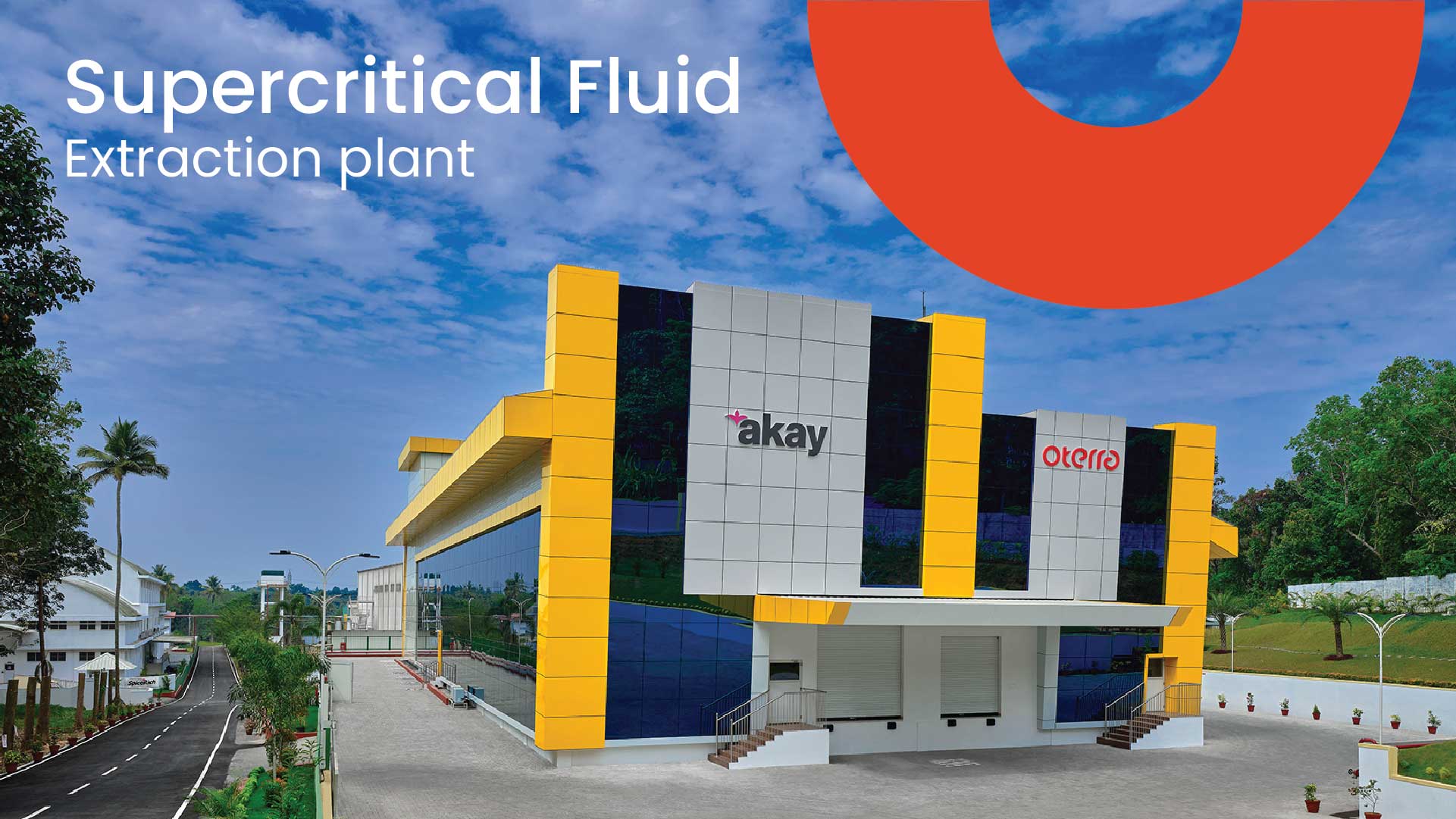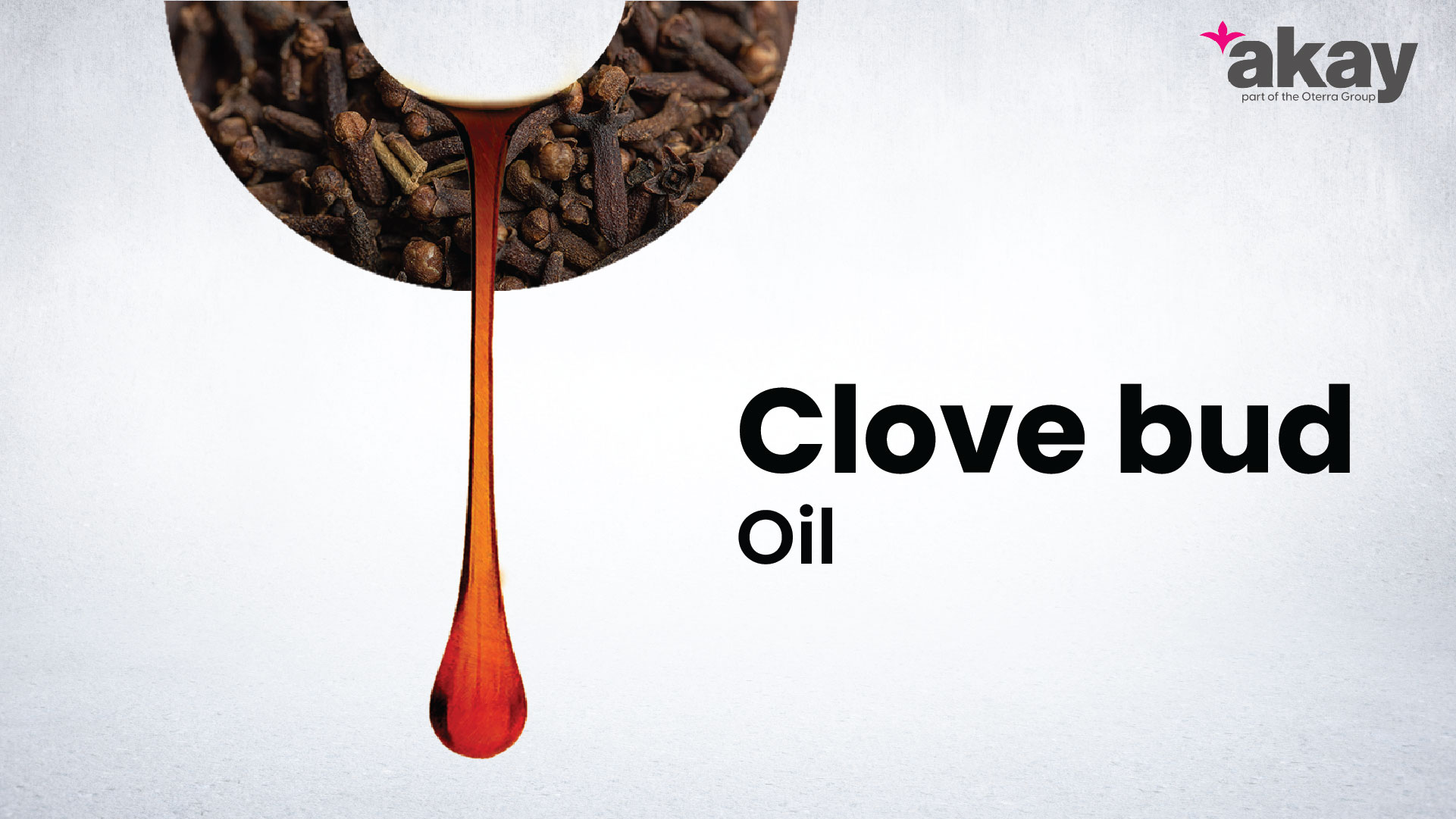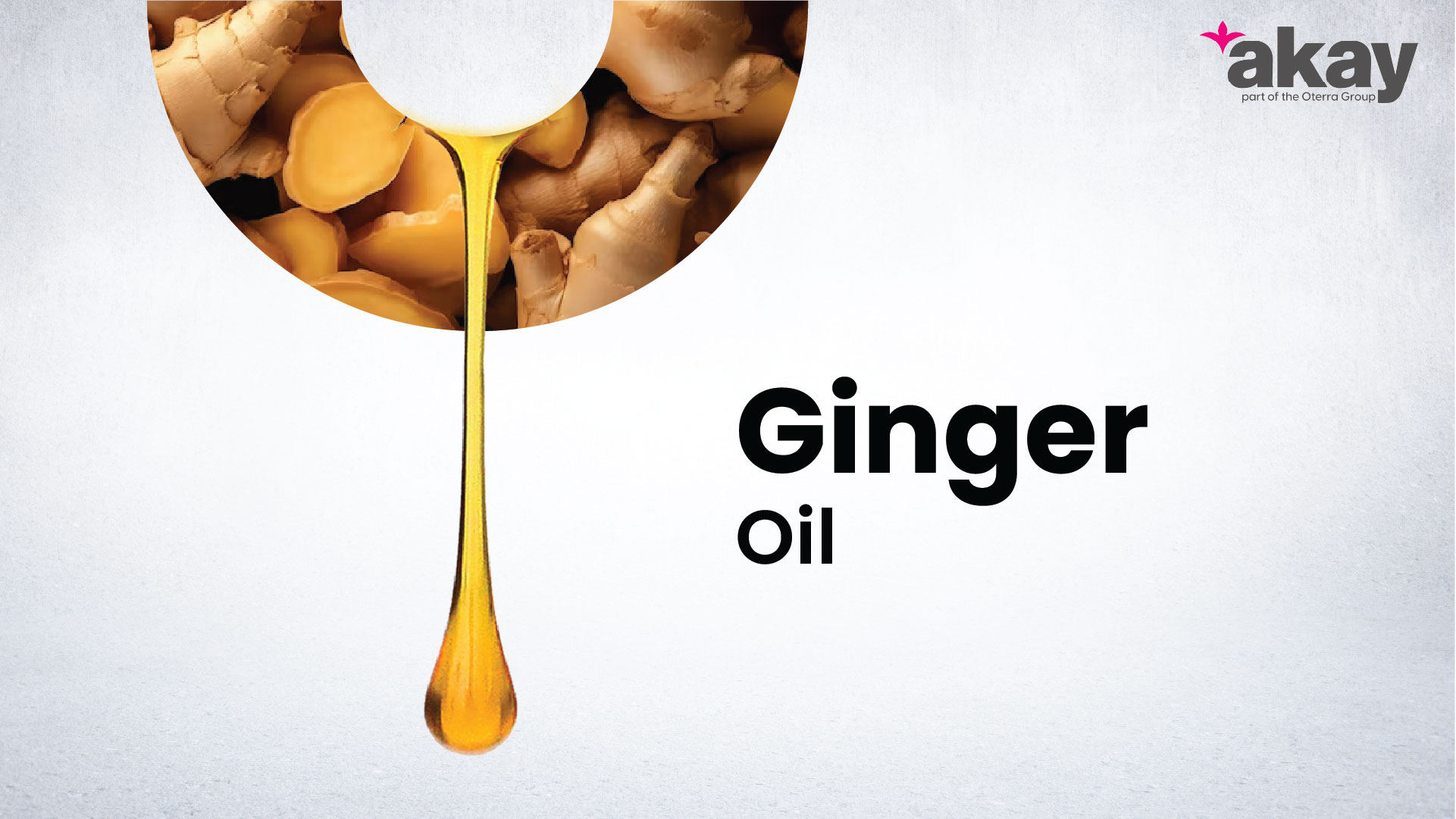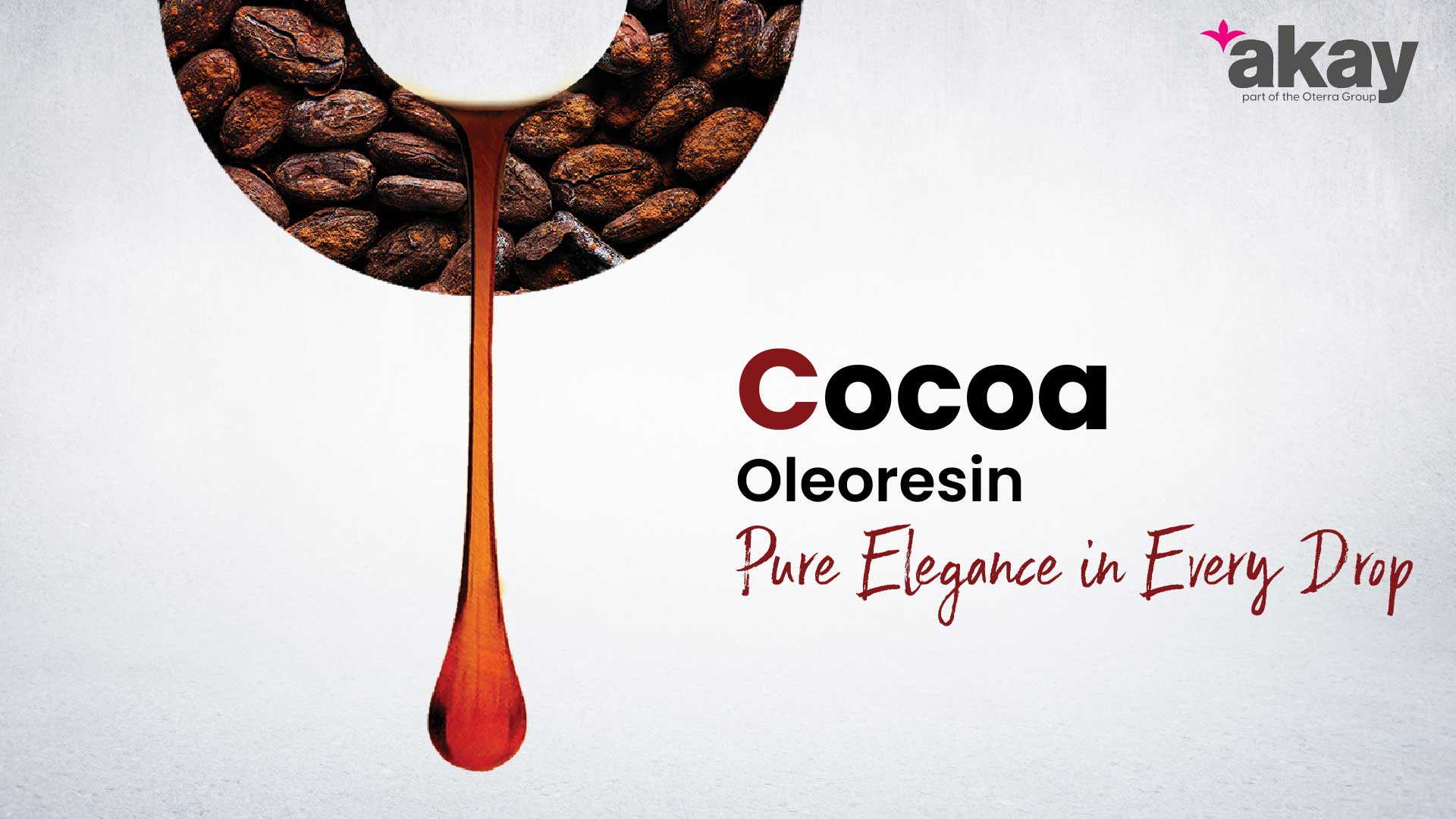Ginger - Spice up for a healthy life
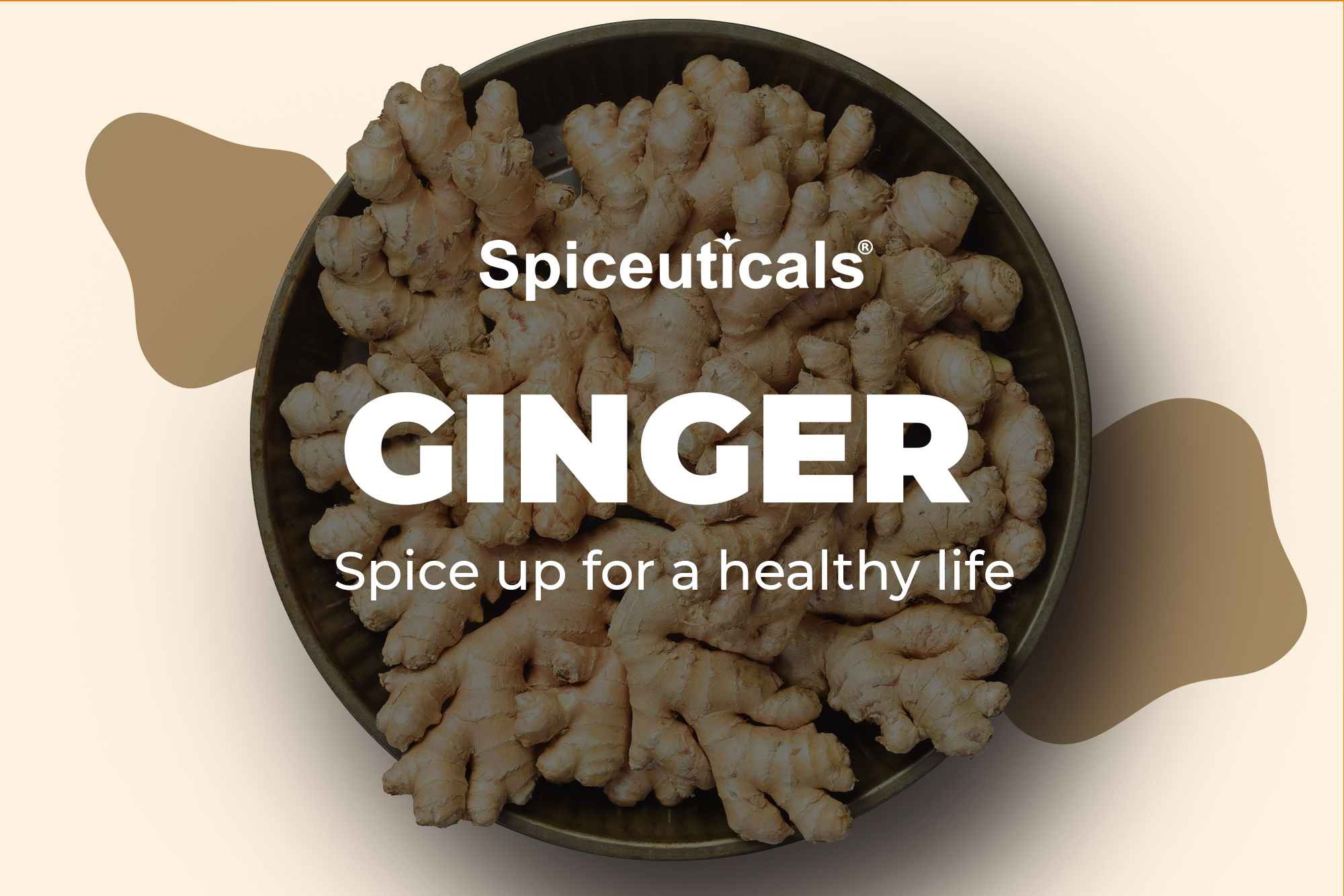
Ginger / Zingiber officinale Roscoe
Ginger Extract
Ginger (Zingiber officinale Roscoe) is known as a culinary spice and medicinal plant all over the world for centuries and is used even more today. It belongs to the family Zingiberaceae and the Zingiber genus has been common in the trade since antiquity due to its immense economical value.
The first written record of ginger comes from China by Confucius around 400 BC. In Analects of Confucius, he asked to eat ginger with every meal. There is evidence that the Chinese sailors have grown ginger plants in the ships during their long voyages to prevent scurvy. Not only in China, the Arab, Roman, Greek and Indian herbal practitioners were also using ginger for a wide array of ailments that include arthritis, muscular aches, sore throat, indigestion, dementia etc.
In Ayurveda, dried ginger is documented as Shunti and raw ginger as Ardraka. It has been given the stature of Mahoushadhi (Superior medicine) in the ancient classics. The herb is incorporated in a group of three spices known as Trikatu (three pungent spices) along with Maricha (Pepper) and Pippali (Long pepper). Acharya Charaka categorised it among the Agrya dravyas (Most superior) by citing it as the best Kanda (Tuber) among the medicinal herbs.
The chemical composition of ginger is complex and includes more than 300 compounds. Gingerols are the spicy component of ginger and one of the main bioactive constituents. It can be divided into gingerols, shagaols, zingerones, gingerdiones, and ginderdiols according to different fatty chains connected by the 3-methoxy-4-hydroxyphenyl functional group. Volatile oils also known as ginger essential oils, are generally composed of terpenoids and it gives a unique aromatic smell to the rhizome. A variety of amino acids like glutamate, aspartic acid, glycine, cysteine, valine, methionine etc, polysaccharides and organic acids like oxalic acid, and tartaric acid have been detected in ginger along with inorganic elements such as potassium, magnesium, manganese, iron and zinc.
Ginger, as a kind of food and medicine, it is one of the best natural agents for the development “Food for Medicine” concept. It has many functions, including antioxidant, anti-inflammatory, antimicrobial, anticancer, anti-obesity, antidiabetic, gastroprotective, hepatoprotective and cardiovascular protective activities. Experimental studies revealed that molecules of ginger including the most active constituent, 6-gingerol regulate the cell signal transduction pathways like NF-kB, activator protein-1, growth factors, chemokines, and cyclooxygenase-2 and inducible nitric oxide synthase (iNOS) pathways.
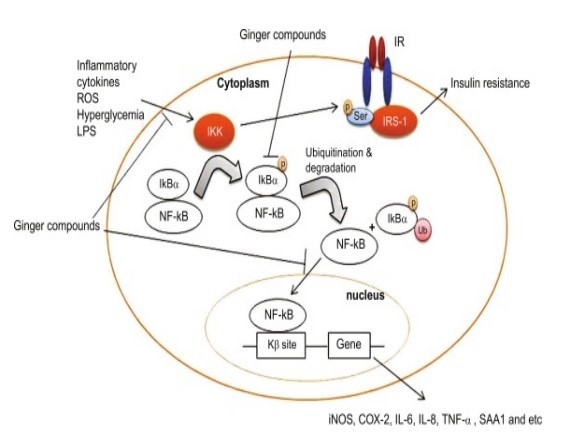
Representation of key pathways exhibited by ginger compounds
A series of studies showed that ginger and its active constituents possess anti-inflammatory activity, which could protect against various inflammatory conditions The anti-inflammatory mechanisms are probably associated with the inhibition of Akt and NF-Kb activation, an enhancement in anti-inflammatory cyctokines, and a decline in proinflammatory cytokines.
The beneficial effects of ginger on obesity have been well studied. A double-blinded RCT in 80 healthy women showed that ginger supplementation for 12 weeks caused a significant decrease in the body weight, body mass index, waist and hip circumferences as compared to placebo (Ebrahimzadeh Attari et al.,2016). It was reported that ginger components have catecholamine-releasing action that affects the beta-adrenergic receptors and activate the sympathetic nervous system and then increases the expression and synthesis of uncoupling protein 1 and thermogenesis. It also increases lipolysis and suppresses lipogenesis and lipid accumulation. It was reported in animal models that the intestinal absorption of dietary fat is inhibited by the ginger extracts and thereby decreased the body weight.
The action of ginger and its extracts are remarkable in the symptomatic improvement in neurodegenerative diseases, specifically Alzheimer’s and dementia due to its anti-inflammatory and anti-oxidant effects. In particular, clinical studies have shown that the use of ginger and its extracts has increased the expression of nerve growth factor (NGF), playing a key role in improving memory function, simplifying long-term hippocampal enhancement and accelerating neurite outgrowth. Cardioprotection, gastroprotection and digestion are other areas where Ginger has been found to be a promise.
Scope in the nutraceutical field
- Gut health
- Joint health
- Weight management
- Immuno-modulator
- Anti-inflammatory agent
- Memory and cognition
Akay is offering a wide range of extracts from Ginger:
- Gingerol 50% (liquid) as per USP
- Gingerol 20% (powder) as per USP
- Water extract – Beverage grade
- Ethanol water extract (1 to 10% gingerol)
- Supercritical extracted gingerol powder (NLT 10%)
Ginginoll ® - A uniquely standardized 6-gingerol extract powder
- Customized density, particle size & extract ratio
- Combination with other extracts
- Different grades for varying applications (functional F&B, beverages, dietary supplements etc.)
References
- Arcusa, Raúl et al., (2022) “Potential Role of Ginger (Zingiber officinale Roscoe) in the Prevention of Neurodegenerative Diseases.” Frontiers in nutrition vol. 9 809621. 18.
- Anh, Nguyen Hoang et al., (2020) “Ginger on Human Health: A Comprehensive Systematic Review of 109 Randomized Controlled Trials.” Nutrients vol. 12,1 157. 6.
- Liu, Yan et al., (2019) “Research Progress on Chemical Constituents of Zingiber officinale Roscoe.” BioMed research international vol. 20 5370823.



